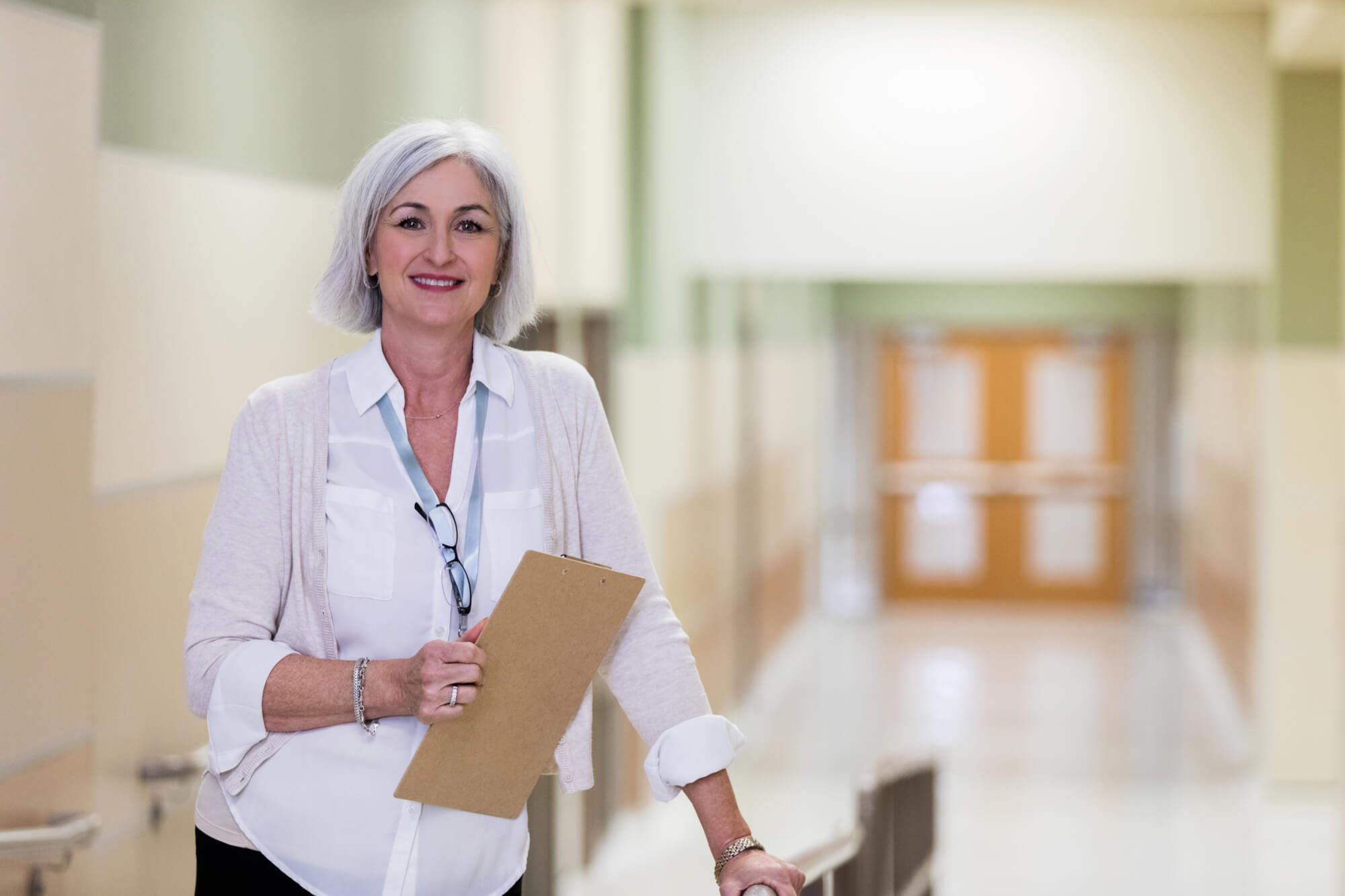Looked-After & Previously Looked-After Children – The Vital Role of The Virtual School Head

Children and young people in the care of the Local Authority, known as looked-after children, and those previously looked-after, known as care leavers, are more vulnerable for a variety of reasons.
This vulnerability often stems from the circumstances that led to them entering care in the first place. Key factors that contribute to their increased vulnerability includes:
Trauma and Adverse Childhood Experiences (ACEs):
- Abuse and Neglect: Many looked-after and previously looked-after children have experienced physical, emotional, or sexual abuse, or neglect, which can have long-lasting emotional and psychological effects;
- Witnessing Domestic Abuse / Violence: Exposure to domestic abuse/violence can lead to significant emotional distress and trauma.
Instability and Disruption:
- Frequent Placement Changes: Moving between different care placements can disrupt a child's education, relationships, and their sense of security;
- Loss of Family Connections: Separation from birth families can lead to feelings of loss, grief, and abandonment.
Mental Health Challenges
- Increased Risk of Mental Health Issues: Trauma and instability can increase the risk of mental health difficulties such as anxiety, depression, and post-traumatic stress disorder (PTSD);
- Difficulty Accessing Support: looked-after and previously looked-after children may face challenges in accessing timely and appropriate mental health support.
Educational Disruption
- School Attendance Issues: Frequent moves and instability can impact school attendance and academic performance;
- Special Educational Needs and Disabilities (SEND): looked-after and previously looked-after children may have undiagnosed SEND, which can further hinder their educational progress.
Exploitation and Grooming
- Vulnerability to Exploitation: Due to their experiences, looked-after and previously looked-after children may be more susceptible to exploitation, such as child sexual exploitation or criminal exploitation;
- Grooming and Coercion: Perpetrators recognise looked-after and previously looked-after as vulnerable children, often targeting them by offering attention, affection, or material goods.
Lack of Stable Relationships
- Difficulty Forming Attachments: Consistent and supportive relationships with adults are crucial for children's development, and looked-after and previously looked-after children may struggle to form these bonds;
- Impact on Future Relationships: A lack of positive relationships can affect their ability to form healthy relationships as adults.
It's important to recognise that not all looked-after and previously looked-after children experience these vulnerabilities to the same extent. However, these factors contribute to the overall increased risk of harm and negative outcomes for this group of children.
Virtual School Heads (VSHs)
Employed by the Local Authority, Virtual School Heads (VSHs) have a key safeguarding responsibility. They are responsible for ensuring that the educational needs of looked-after children and previously looked-after children are met, and this includes safeguarding their well-being.
Virtual School Heads - Key Safeguarding Responsibilities:
- Identifying and responding to safeguarding concerns: VSHs work closely with social workers, Designated Safeguarding Leads (DSLs) in schools and other professionals to identify and respond to any concerns about the safety and well-being of looked-after and previously looked after children;
- Ensuring effective information sharing: In line with the statutory multi-agency guidance Working together to safeguard children, VSHs play a key role in ensuring that information is shared effectively between different agencies to safeguard children;
- Promoting a culture of safeguarding: VSHs also have a key role in promoting a culture of safeguarding within schools and other educational settings, ensuring that staff are aware of their safeguarding responsibilities and know how to report concerns;
- Monitoring the safety and well-being of looked-after children: VSHs monitor the progress and well-being of looked-after and previously looked-after children, including their attendance, behaviour, and any concerns raised by schools or other professionals.
In addition, VSHs play a crucial role in promoting the educational achievement of looked-after and previously looked-after children. They have a statutory duty to monitor the educational progress and attainment of both groups of children and includes:
- Monitoring educational progress: Tracking their progress in education and employment;
- Providing advice and guidance: Offering support and advice on educational choices and career paths;
- Facilitating transitions: Helping them transition smoothly from care to independent living, including supporting their access to further education or training;
- Advocating for their needs: Ensuring they receive the support they need to succeed.
By continuing to support previously looked-after children, VSHs help to improve their life chances and ensure they have the opportunity to reach their full potential.
VSHs are also responsible for overseeing and managing pupil premium funding, additional funding provided by HM Government to schools in England to support disadvantaged children and help them reach their full potential, and allocating it to schools and alternative provision settings. They also oversee the allocation of Early Years Pupil Premium (EYPP) funding to early years providers for looked-after children and monitor the quality of early years provision, which includes identifying any areas for improvement.
From both a safeguarding, wellbeing and attainment perspective, VSHs raise awareness of the challenges faced by looked-after and previously looked-after children. They play a vital role in advocating for the rights and needs of these vulnerable children, ensuring they not only have access to high-quality education but the targeted support to offer them the opportunity to reach their full potential.
SSS Learning Safeguarding Director
25 November 2024